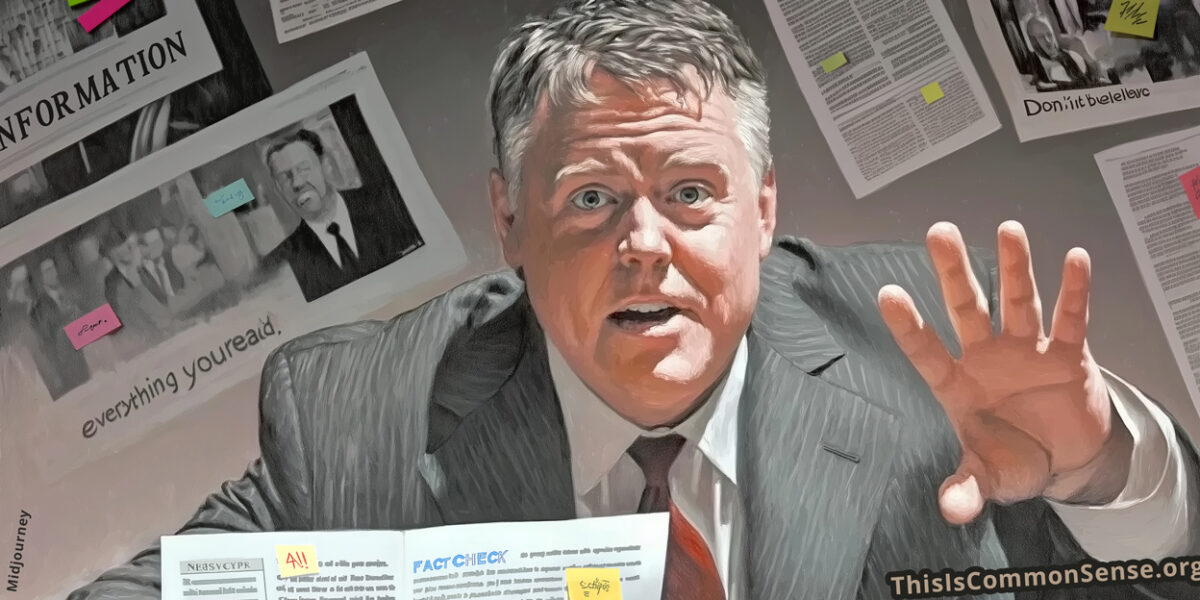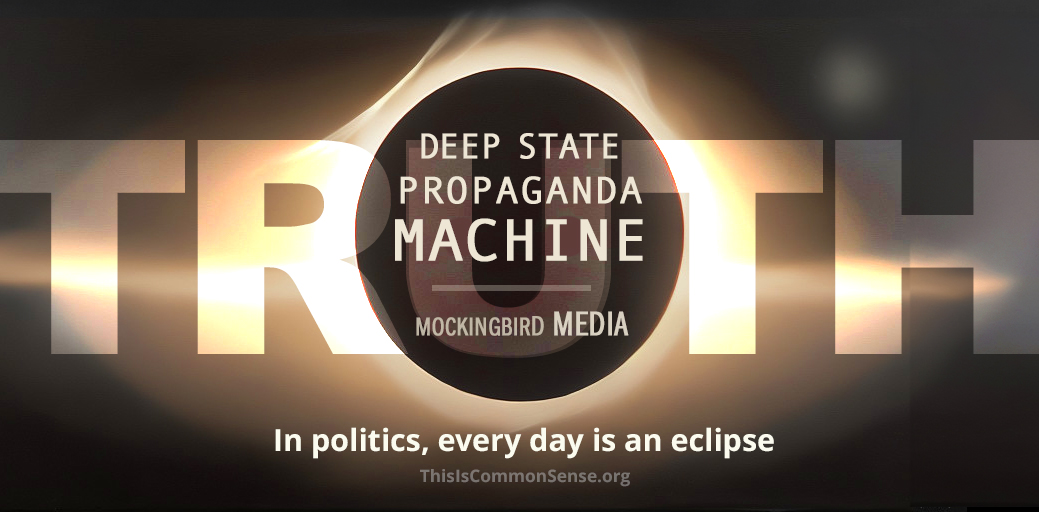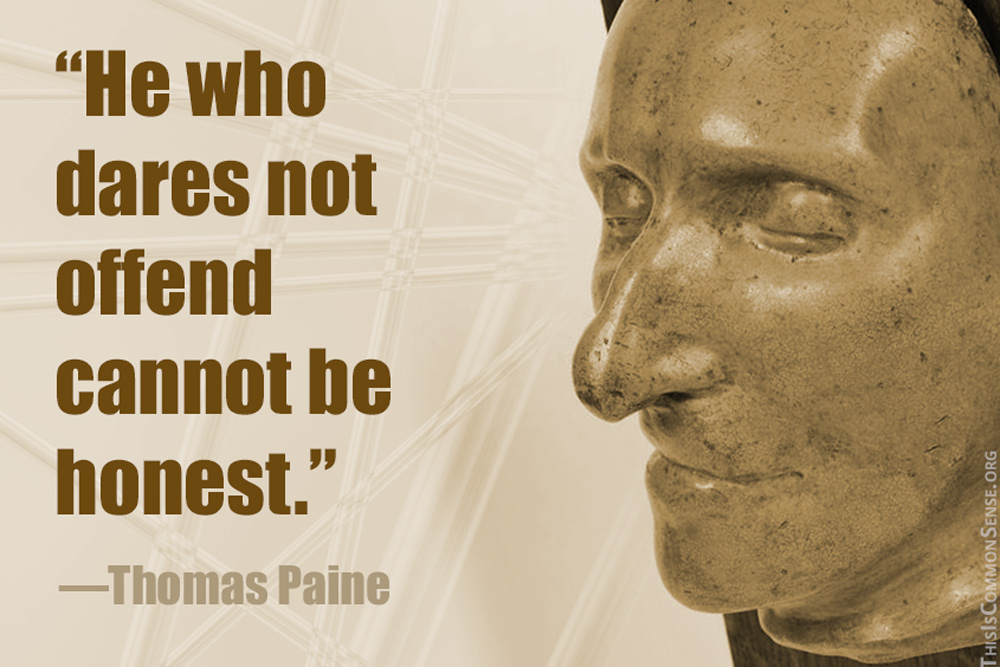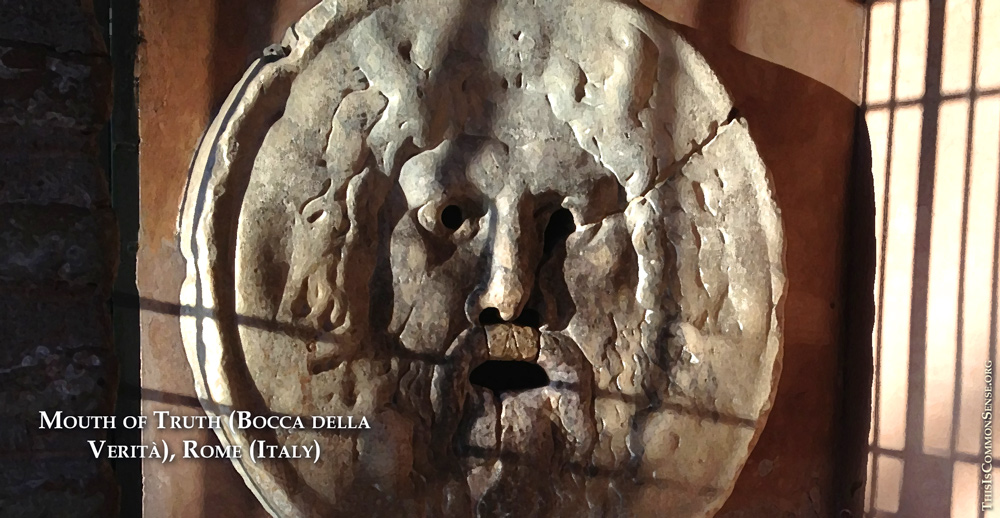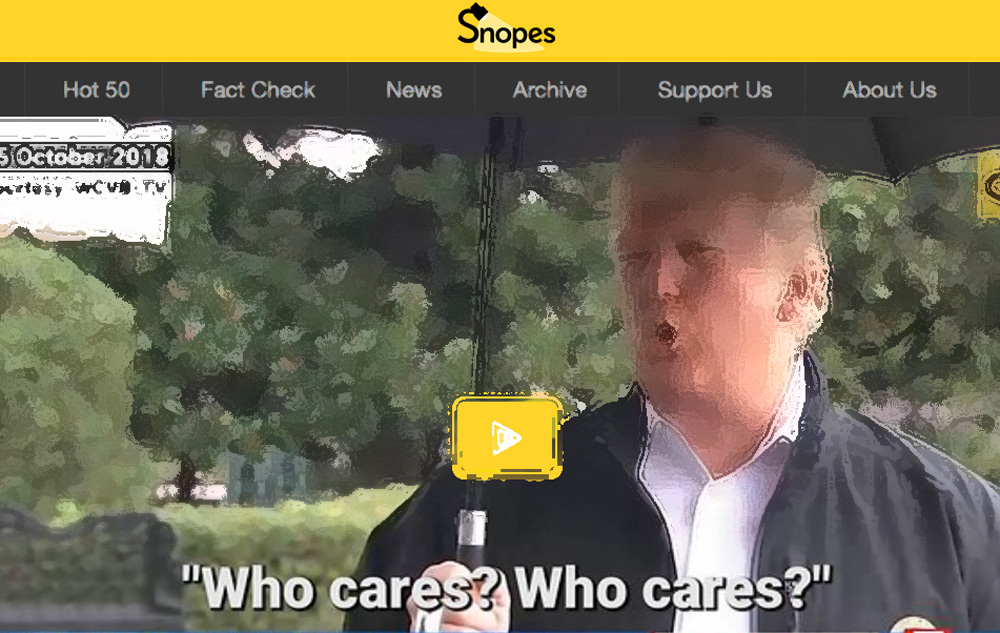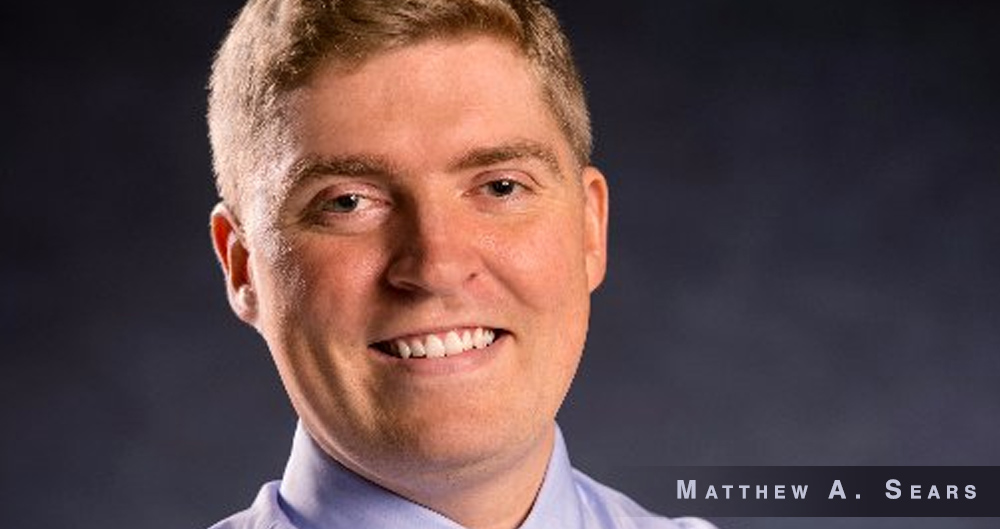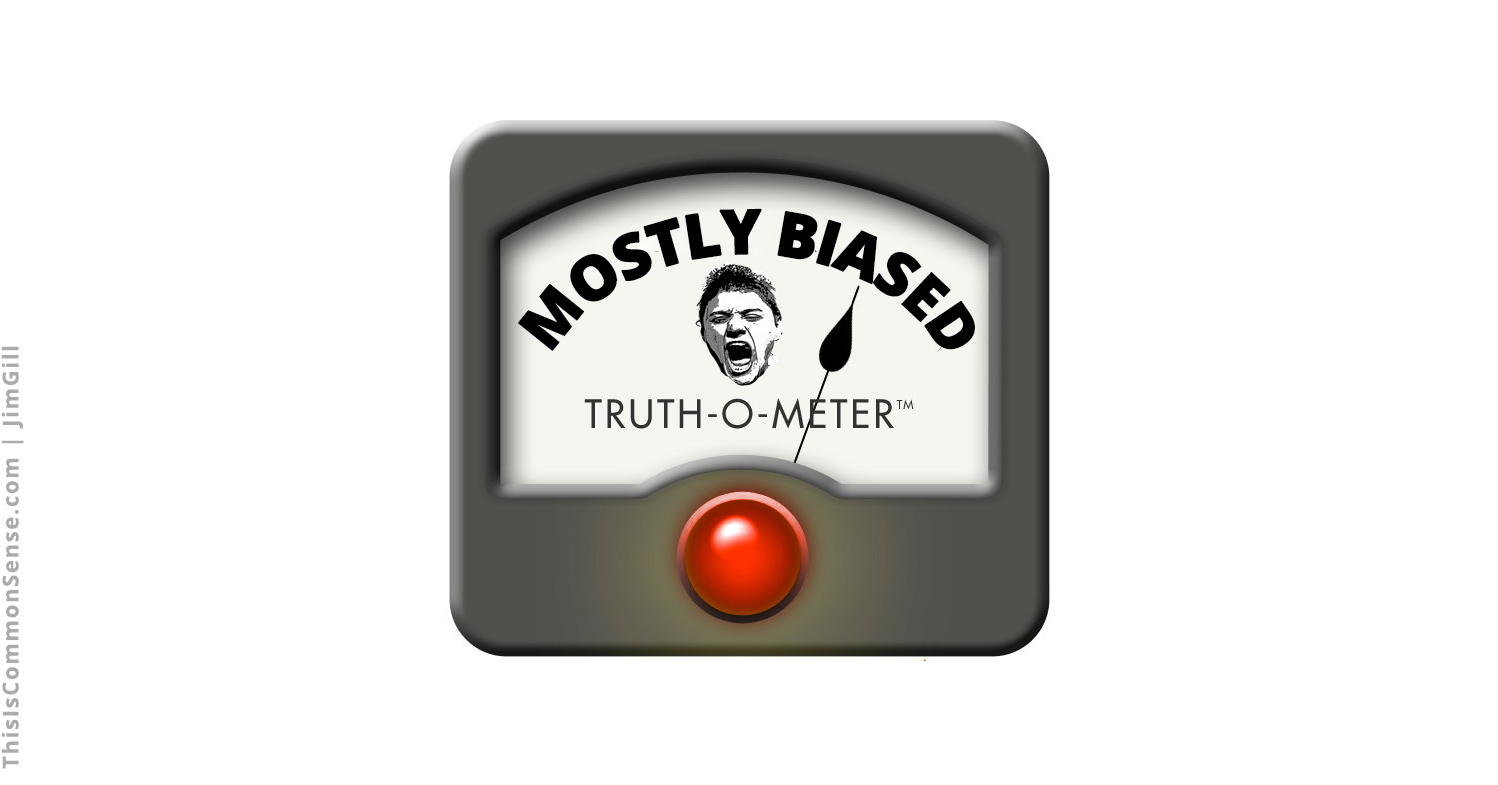You are operating a newsroom or, let’s say, a commentary room. Somebody accuses you of bias in how you decide what to publish.
You deflect: Of course different media organizations have different perspectives; each to its own. Sometimes, too, we choose what to run less rationally than the Platonic philosopher-journalist would demand.
Bias is everywhere, inevitable.
Which makes the only cure maximal freedom of speech and openness of discourse. The answer to deficient speech is better speech, not either direct or indirect government censorship.
Nevertheless, the FCC has proposed to “investigate” the selection process of newsrooms.
Any such investigation is necessarily biased from the get-go against freedom of speech and press. Even if it never gets to the regulation stage, the investigation itself constitutes interference. It is impossible for anyone being asked formal investigatory questions by the FCC to be unaware that the questioner has the power of government behind him.
How, for example, is a conscientious employee who respects the rights of his boss supposed to answer this loaded question: “Have you ever suggested coverage of what you consider a story with critical information for your customers that was rejected by management?”?
FCC commissioner Ajit Pai reports that this is one query being considered as part of a “Critical Information Needs” study to determine how stories are selected, “perceived bias,” and how responsive a newsroom is to “underserved populations.”
Pai, who opposes the project, says: “The government has no place pressuring media organizations into covering certain stories.”
Or not covering others.
This is Common Sense. I’m Paul Jacob.
Illustration created with Nano Banana and Firefly
See all recent commentary
(simplified and organized)
See recent popular posts

